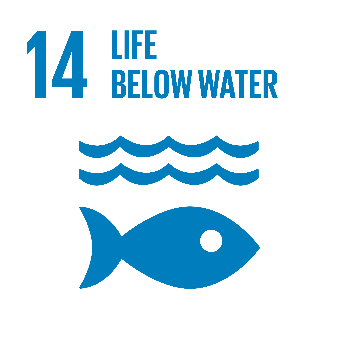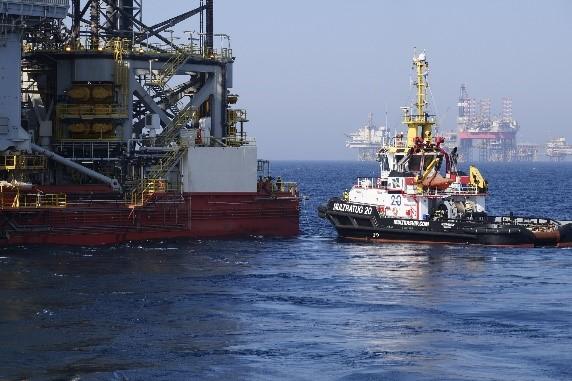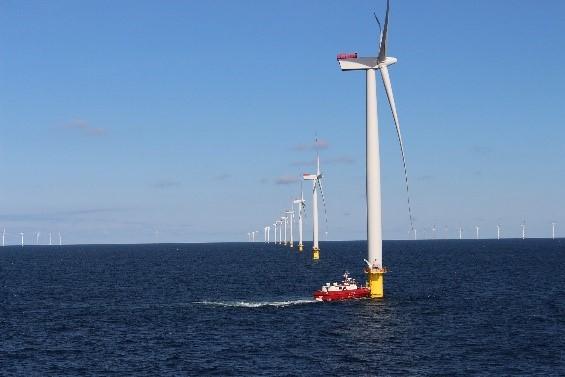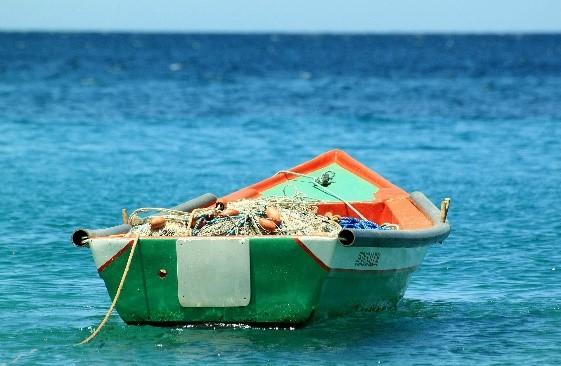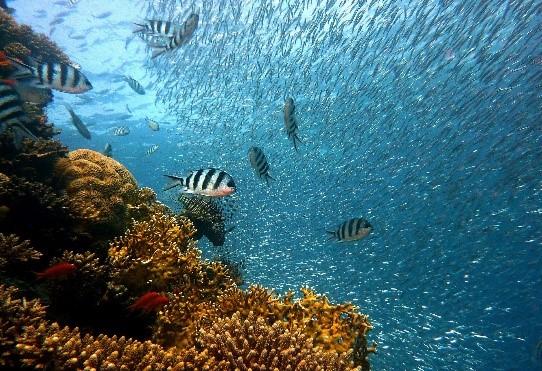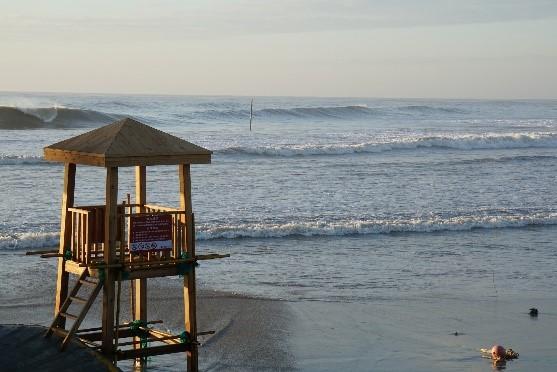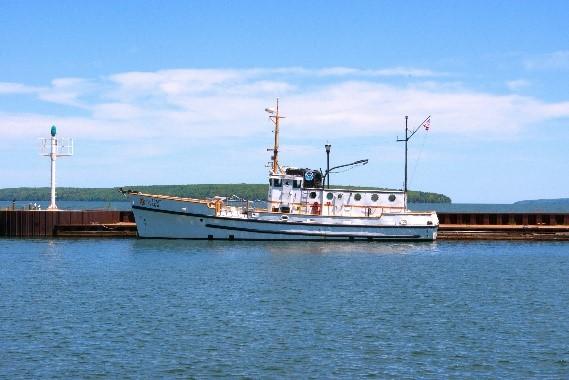Workshops were held online in June and July 2020 with the aim of bringing together small groups of experts to discuss solutions and opportunities addressing key International Ocean Governance (IOG) challenges.
The workshops built on the discussion papers and three webinars on the thematic working groups of the IOG Forum. Their results will feed into the development of recommendations for future EU action on IOG. Each workshop is presented below.
Fisheries/food from the sea
23 June 2020
The workshop investigated three complementary facets of sustainable fishery management: mechanisms for strengthening regional fisheries management in relation to the roles and instruments of Regional Fisheries Management Organisations (RFMOs) and Regional Seas Conventions (RCS); bringing up sustainable fisheries management on the agenda, instruments and policies of Multilateral Environmental Agreements; –-addressing Illegal, Unreported, and Unregulated (IUU) fishing.
Sustainable blue economy
24 June 2020
The workshop identified and discussed solutions for enhancing the sustainability of the blue economy, focusing in particular on: the sound application of ex-ante and ex-post assessments of blue economy projects and strategies; the strengthening of ocean literacy and capacity – including on ecosystem-based approaches and on the long-term benefits of conservation; mechanisms for supporting innovations, better capturing their potential social, economic and environmental impacts and supporting their wider uptake.
Reducing pressures on the ocean and seas
2 July 2020
The workshop focused on mechanisms and solutions to reduce pressures on the ocean, in particular: mechanisms for strengthening intersectoral coherence and the application of ecosystem-based approaches; the drivers to the adoption and implementation of a global agreement addressing plastic pollution in oceans and sea; opportunities for addressing effectively the land-sea interface – including bringing together the land and sea communities.
Sustainable Development Goals
3 July 2020
The workshop focused on the achievement of the 2030 Agenda for Sustainable Development in particular SDG 14 focusing on strategies and opportunities to implement SDG 14, possible approaches to address interlinkages between SDGs in the implementation process and how such opportunities can be supported within the ocean governance framework.
The ocean-climate nexus
6 July 2020
The workshop investigated opportunities for improving the inclusion of the ocean-climate nexus within the current IOG framework, and drew on questions and expertise from all three thematic working groups, i.e. the governance framework, reducing pressures and creating a sustainable blue economy, and international ocean research, data and knowledge.
Science, observations and data needed for international ocean governance
8 July 2020
The workshop focused on actions needed to strengthen the international ocean knowledge base that feeds into decision-making. It addressed in particular: capacity building for marine science in developing nations; supporting co-designed transdisciplinary research within the framework of the UN Decade of Ocean Science for Sustainable Development; enabling global data access and interoperability; and streamlining observations between different communities.
Science-society-policy interfaces and research alliances
9 July 2020
The workshop focused on how to embed more effectively ocean knowledge and data into the IOG framework and optimizing research alliances to strengthen international cooperation. Particular points discussed included: improving stakeholder dialogues and the functioning of science-society interfaces; how to mobilize existing alliances and create new alliances to include all dimensions of the ocean and all knowledge sources; and how to maximize research funding to strengthen IOG.
Conservation and sustainable use of marine biodiversity
10 July 2020
The workshop focused on the conservation and sustainable use of marine biodiversity, identifying: strategies and opportunities for the development of a coherent global network of Marine Protected Areas; approaches supporting the parallel implementation of broader ecosystem-based management measures; and, requirements to ensure the effective management and performance of Marine Protected Areas networks.

